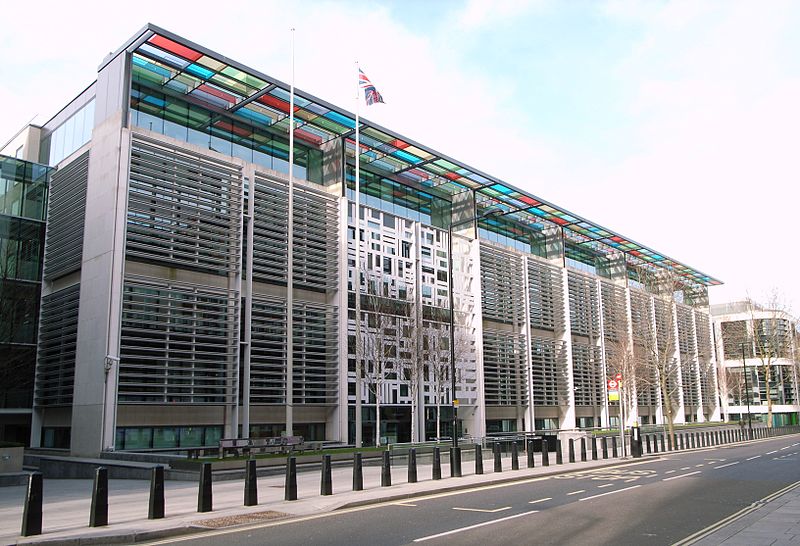
The government says it’s gearing up to overhaul how asylum appeals are handled, in a bid to cut the number of migrants stuck living in hotels while they wait for a decision.
Home Secretary Yvette Cooper announced plans for a brand-new panel of independent adjudicators to hear appeals, calling it a “practical step” to end what she described as unacceptable delays.
Right now, if someone’s asylum claim is rejected and they appeal, it can take more than a year before their case is heard. Around 51,000 people are caught in that backlog, with many housed in hotels at taxpayers’ expense. The government has promised to shut down hotel use altogether during this Parliament, but at the moment more than 32,000 asylum seekers are still living in them.
The Refugee Council welcomed moves to cut delays but argued that the real problem lies in wrong decisions being made in the first place. “The fastest way of getting fewer appeals,” they said, “is to get the decision right first time.” Around half of appeals succeed because the initial ruling was judged flawed.
Meanwhile, protests about asylum hotels have been flaring up across the UK. Demonstrations were held in cities like Bristol, Liverpool and London over the weekend, as well as in towns such as Mold, Perth and County Antrim. Police had to keep opposing groups apart, with at least 15 arrests on Saturday alone.
In Birmingham, protesters gathered outside a Holiday Inn, while in London, around 20 people protested outside a hotel in Canary Wharf. Epping in Essex has become a flashpoint, after a serious local crime case sparked anger. A High Court injunction has now blocked asylum seekers from being housed in the town’s Bell Hotel, with residents ordered to move out by mid-September. The government is appealing that ruling.
Councils in other parts of the country are considering similar legal challenges. Conservative leader Kemi Badenoch has encouraged her councillors to follow Epping’s example, while Reform UK’s Nigel Farage said his party’s councils would do “everything in their power” to resist asylum hotels.
Currently, 131 local authorities are hosting asylum seekers in temporary accommodation — mostly hotels. Of those, 74 are Labour-run, 30 Lib Dem, 19 Conservative, nine Green and one Reform UK. The Home Office has confirmed Napier Barracks in Kent, with space for up to 328 people, will stay in use until at least the end of the year.
Cooper insists the government is committed to ending hotel use altogether, but says it must be done in a “properly managed way.” Photo by Steve Cadman, Wikimedia commons.


































